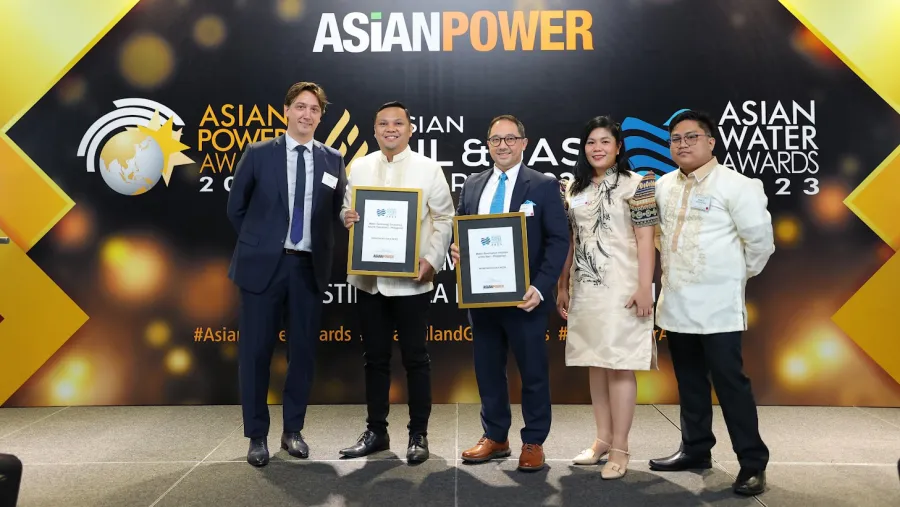
Metro Pacific Iloilo Water nabs multi-wins at the Asian Water Awards
It used a tech-driven solution to combat non-revenue water.
Metro Pacific Iloilo Water (MPIW) grappled with a pressing issue – the limited water supply that was capped at 73 million litres per day (MLD). Moreover, the Non-Revenue Water (NRW), often a consequence of leaks and ageing assets, stood at a staggering 59%. The situation was further complicated by the lack of comprehensive records of the water network and assets, with most information residing in the minds of retiring Water District operators.
The primary challenge MPIW faced was the high water loss attributed to leaks in the ageing pipelines, some of which were installed as far back as the 1920s. The lack of complete and accessible records made it difficult to address the issues effectively. The risk of losing critical information due to employee retirements, accidents, and the wear and tear of documents added urgency to the situation.

That’s why there was a need for a robust, data-driven solution to ensure a sustainable and efficient water supply system.
To combat the water supply challenges, MPIW took a decisive step by implementing a Geographic Information System (GIS). This technology became the linchpin for MPIW's Water Loss Reduction Program (WLR). The WLR incorporated leak detection devices, pressure valves, real-time pressure, and flow control measurements integrated into a cloud-based system for streamlined monitoring.
With GIS, MPIW gained valuable insights into its network, enabling precise mapping of asset and pipe locations within the distribution zone. This crucial information allowed for the prioritisation of pipe rehabilitation or replacement based on maintenance requirements.
The GIS system facilitated the creation of a hydraulic model, providing a simulated view of how the network behaves in response to valve changes, pipeline configurations, and supply alterations. This led to the establishment of District Metering Areas, clustering a smaller number of connections based on hydraulic boundaries. This strategic approach empowered MPIW to monitor water consumption and losses for each unit more effectively.

The implementation of GIS and hydraulic simulations empowered MPIW to optimise water distribution and management. Notably, MPIW's billed volume surged by an impressive 24%, achieved without additional water sources. The reduction in NRW from 59% to 48% in 2022 resulted in a remarkable 21% increase in revenues.
Water availability also rose to 65%, while service connections grew from 40,417 to 47,123—a commendable feat considering the challenges posed by the pandemic.
As a testament to its transformative efforts, MPIW was recognised and honoured at the first Asian Water Awards. The initiative won the prestigious Water Governance Initiative of the Year - Philippines award and the Water Technology Excellence Award (Industrial) - Philippines award. These accolades underscore the significant impact of MPIW's technology-driven approach on revolutionising water supply and management.
Metro Pacific Iloilo Water's innovative use of GIS technology has paved the way for sustainable water management, significantly reducing water loss, improving revenues, and ensuring consistent water supply for the communities it serves.
The Asian Water Awards is presented by Asian Power Magazine. To view the full list of winners, click here. If you want to join the 2024 awards programme and be acclaimed for your company's revolutionary innovations and initiatives in the water industry in Asia, please contact Danica Avila at [email protected].
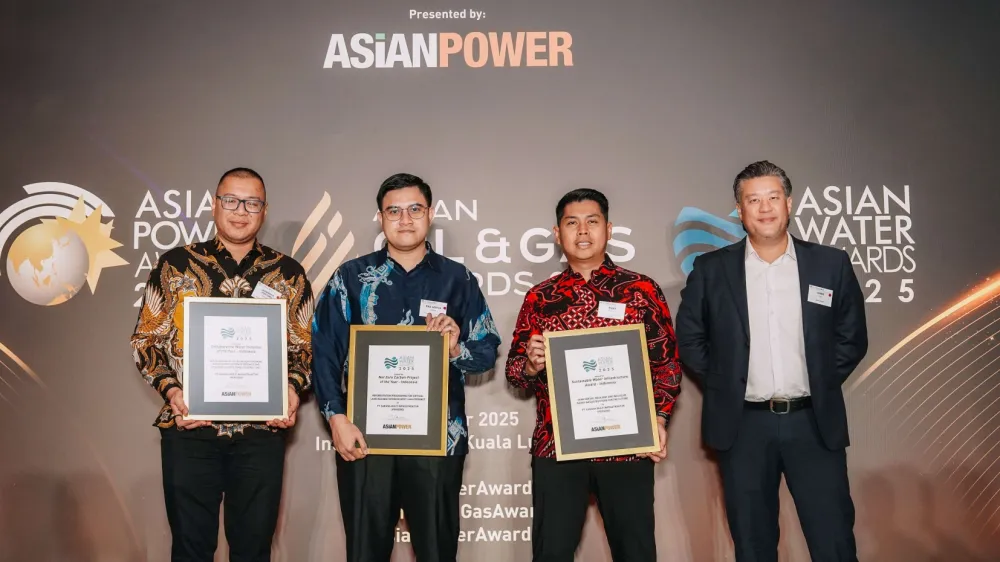
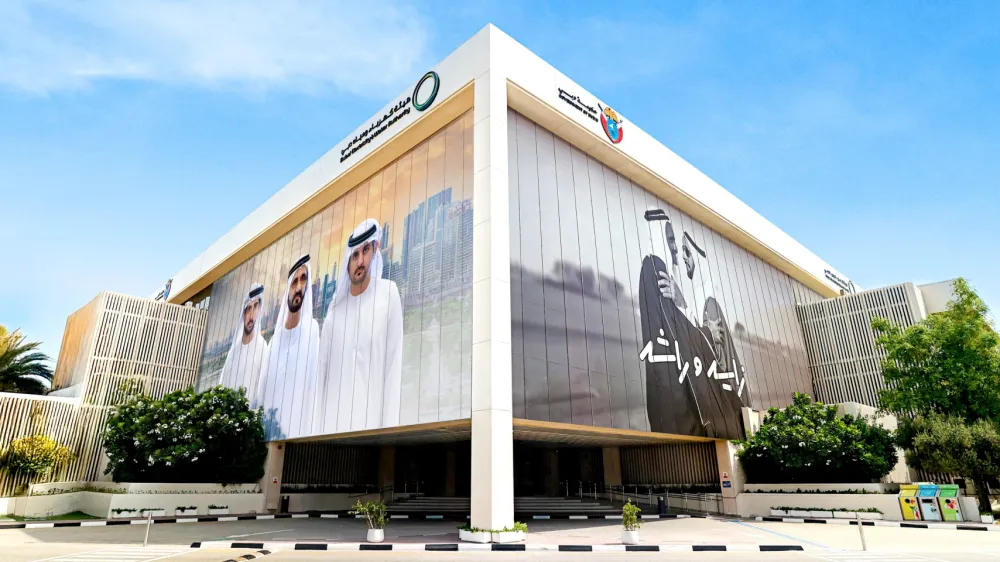
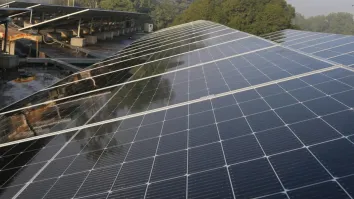
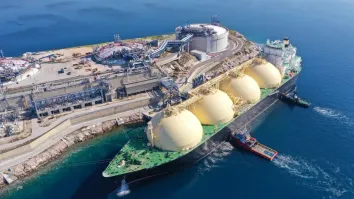















 Advertise
Advertise







